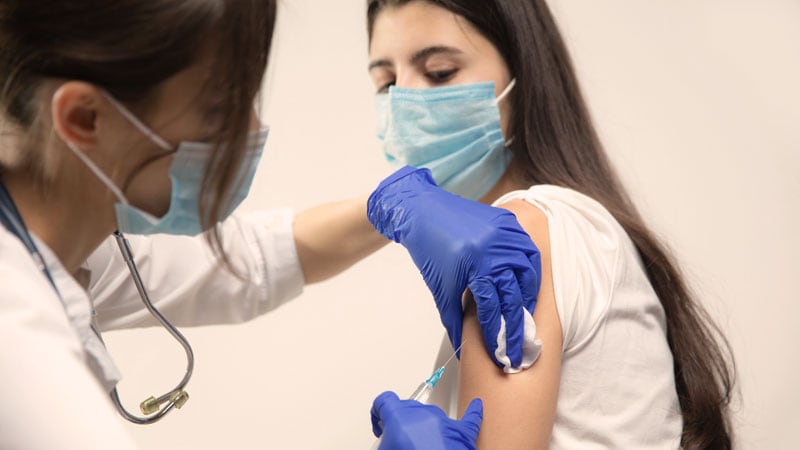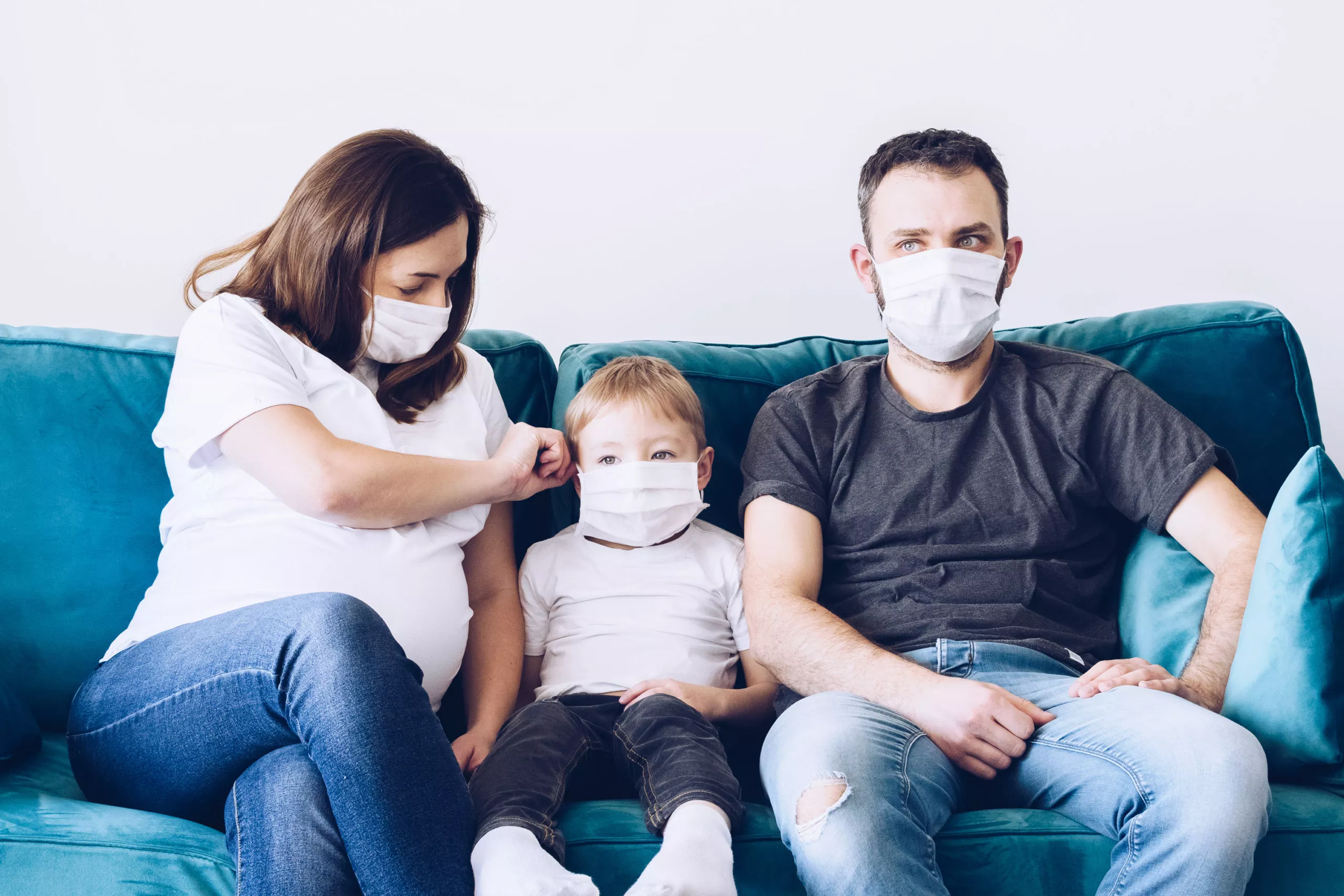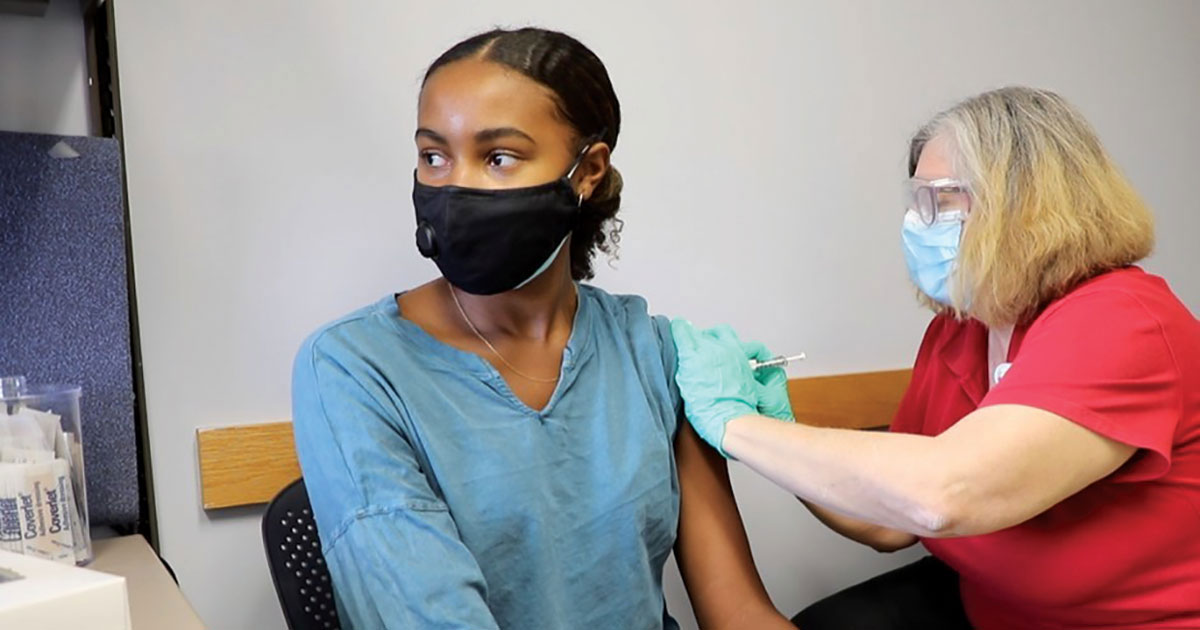News Round-Up
28 May 2025
How to Defeat the Westminster ‘Blob’
27 May 2025
What is ‘The Movement Forward’?
28 May 2025
The Net Zero Agenda’s Continued Collapse Into Chaos
28 May 2025
by Ben Pile
The Net Zero Agenda’s Continued Collapse Into Chaos
28 May 2025
by Ben Pile
Alasdair MacIntyre 1929-2025
27 May 2025
The Legal Case Against the AfD Has Collapsed
25 May 2025
by Eugyppius





















